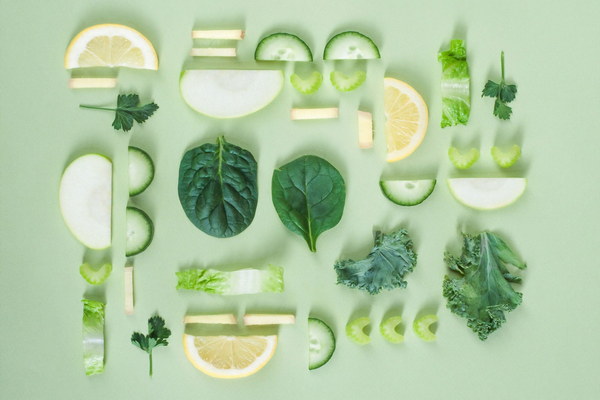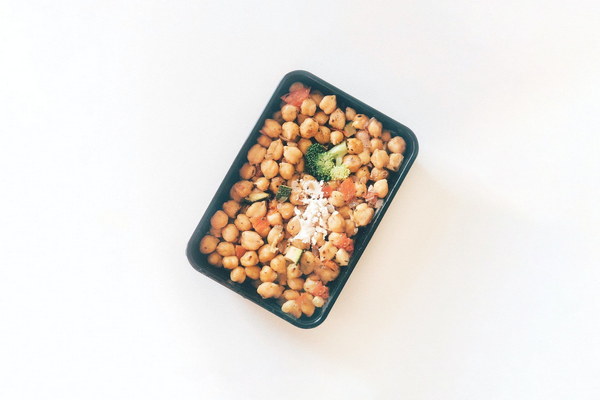Optimizing the Health of Cattles Spleen and Stomach A Comprehensive Guide
The health of a cow's spleen and stomach is crucial for its overall well-being and productivity. These vital organs play a significant role in the digestion and absorption of nutrients, which ultimately affect milk production and growth. This article aims to provide a comprehensive guide on how to optimize the health of a cow's spleen and stomach, ensuring a healthier and more productive livestock.
1. Understanding the Importance of Spleen and Stomach in Cows
The spleen and stomach are essential organs in the digestive system of cows. The spleen is responsible for filtering blood, producing white blood cells, and storing red blood cells. On the other hand, the stomach is divided into four compartments, each with specific functions, such as the rumen, reticulum, omasum, and abomasum.
The rumen and reticulum are responsible for breaking down forage, while the omasum and abomasum further digest the nutrients and absorb them. A healthy spleen and stomach ensure that the cow can efficiently process its feed and convert it into energy, vitamins, and minerals.
2. Feeding Practices
Proper feeding practices are crucial in maintaining the health of a cow's spleen and stomach. Here are some key points to consider:

a. Balanced Diet: Ensure that the cow's diet is well-balanced, containing a mix of forage and concentrate feed. This will provide the necessary nutrients for optimal digestion and absorption.
b. Gradual Transition: When introducing a new feed, do so gradually to allow the cow's digestive system to adjust. A sudden change in diet can lead to acidosis and other digestive issues.
c. Feed Quality: Use high-quality feed to ensure that the cow receives the necessary nutrients. Avoid moldy, dusty, or contaminated feed, as it can cause digestive disturbances.
3. Managing the Spleen
The spleen plays a crucial role in maintaining the immune system and blood health. Here are some ways to manage the spleen:
a. Vaccination: Regularly vaccinate the cows against common diseases that can affect the spleen, such as leptospirosis and brucellosis.
b. Good Hygiene: Maintain a clean environment to reduce the risk of infections that can harm the spleen.
c. Antioxidants: Provide antioxidants in the diet, such as vitamin E and selenium, to support the spleen's function.
4. Stomach Health
To ensure optimal stomach health, consider the following:
a. Rumination: Encourage rumination by providing enough forage and ensuring that the cows have access to clean water. This will help in the breakdown of forage and prevent issues like acidosis and rumen acidosis.
b. Regular Health Checks: Regularly monitor the cows for signs of stomach discomfort, such as decreased appetite, reduced milk production, or changes in manure consistency.
c. Probiotics and Prebiotics: Add probiotics and prebiotics to the diet to maintain a healthy gut flora, which can improve digestion and absorption.
5. Stress Management
Stress can have a negative impact on the health of a cow's spleen and stomach. Implement the following stress management strategies:
a. Adequate Space: Provide enough space for the cows to move around and lie down comfortably.
b. Comfortable Environment: Ensure that the cows live in a clean, well-ventilated, and temperature-controlled environment.
c. Social Interaction: Promote social interaction among cows to reduce stress and improve overall well-being.
In conclusion, optimizing the health of a cow's spleen and stomach is crucial for its overall well-being and productivity. By implementing proper feeding practices, managing the spleen and stomach health, and managing stress, you can ensure a healthier and more productive livestock. Remember, a healthy cow is a productive cow.









